Comparing the detailed regulations in the draft resolution of the National Assembly on financial markets in Vietnam with the vibrant development of the banking system, it can be seen that the "shape" of new generation digital banks is gradually emerging and ready to pioneer in entering the financial market ecosystem at the regional and international level.
In the latest version, Article 9 of this draft resolution stipulates 5 groups of legal pillars related to banking activities at financial centers, including:
First, foreign exchange liberalization and foreign currency payments: TTTC members are free to use foreign currency in internal transactions; there is no need to prove the purpose of converting foreign currency with the second converted capital flow; after 5 years of operation, foreign investors are free to transfer profits abroad.
Second, loosening the conditions for granting credit institution licenses: Domestic and foreign credit institutions that meet Basel III are exempted from licensing conditions and capital safety regulations when establishing subsidiaries in the financial center, and there is no limit on the foreign ownership ratio in banks in the financial center.
Third, technology application and digital banking: With the roadmap to apply Basel III from January 1, 2026, the roadmap to deploy digital banking from January 1, 2027, allowing the use of overseas server systems for banks operating in the financial market.
Fourth, financial, tax and ownership incentives: Foreign banks that move their headquarters to the TTTC enjoy investment incentives, are not limited in capital contribution, and do not need to register capital contribution for foreign investors.
And fifth, Fintech and crypto-asset testing: Allows banks to test new services, especially related to blockchain, tokens, crypto-assets.
 |
| Bitexco Financial Tower will become the core area of international financial center in Ho Chi Minh City. |
In fact, by the end of the first quarter of 2025, the level of compliance with technology, professional expertise and international standards and norms of the banking system in Ho Chi Minh City in particular and the whole country in general is quite positive. Many large-scale banks such as Vietcombank, MB, VPBank Techcombank ... have completed modern core banking systems, approaching or announcing the application of Basel III components.
Banks such as TPBank, VPBank, MB... although not yet formed digital-only banks, have strongly developed digital applications integrated in multi-channel ecosystems, AI, eKYC, Cloud applications with more than 95% of non-cash transactions and operating a 24/7 banking model - a model similar to a digital-only bank. Meanwhile, foreign banks such as UOB Vietnam, Standard Chartered, HSBC Vietnam have experience operating modern technology banks abroad, very suitable for establishing subsidiaries in TTTC.
According to Dr. Truong Minh Huy Vu - Director of the Ho Chi Minh City Institute for Development Studies (HIDS), it can be said that Ho Chi Minh City currently has a financial center concentrated in District 1 (Nguyen Cong Tru Street, Ham Nghi Street...) with many headquarters, State Bank, commercial banks, Ho Chi Minh City Stock Exchange, insurance companies, institutes, universities in the field of finance - banking...
In the first ranking of 2025, Dr. Vu said that Z/Yen Partners (UK) and the China Development Institute ranked Ho Chi Minh City 98th out of 119 global financial centers, up 7 places compared to last year, reaching 654 competitiveness points (GFCI), higher than other cities in the region such as Manila, Philippines.
“Therefore, according to the roadmap for each field, the possibility of building and forming digital ecosystems at TTTC in the next few years is very feasible,” Dr. Vu commented.
Paving the way for an open banking ecosystem
In the regulations directly related to banking activities specifically stipulated in Article 9, the draft resolution of the National Assembly on the Financial Market also includes a series of specific mechanisms and policies applicable to members of the Financial Market, creating conditions for the development of the capital market and thoroughly removing bottlenecks and obstacles in investment procedures, financial accounting standards as well as competitiveness in mobilizing foreign capital.
Specifically, regulations on green financial activities within the scope of the TTTC are applied with incentives as for fields in the list of industries and occupations with special investment incentives. Foreign banks establishing branches or transferring headquarters and representative offices to the international TTTC of Vietnam are also applied with similar incentives.
The registration, depository, trading and specialized clearing for listed securities on the stock market of the financial market are carried out according to the practices of major financial markets in the world. And the subjects in the financial market are free to choose to apply international standards on accounting, finance and financial reporting. In addition, Article 18 of the Draft allows economic organizations and enterprises with foreign direct investment (FDI) to mortgage land use rights and assets attached to land at foreign credit institutions to borrow investment capital.
With those regulations, the roadmap for implementing digital banking and allowing the use of computer systems located abroad for banking activities at the financial center, experts believe that the Resolution of the National Assembly will pave the way for direct integration with the global banking infrastructure; create conditions for domestic banks to build in (Open Banking) and build a financial group model, with banking as the center and other fields, such as securities, insurance, financial investment surrounding, and at the same time expanding towards cross-border connectivity.
From the perspective of banking management, Mr. Nguyen Duc Lenh, Deputy Director of the State Bank of Vietnam, Region 2 Branch, said that with current practices, when the financial market is put into operation, the banking system will become an important component. Specific legal policies on currency and banking activities will promote the activities of financial institutions, meet the needs of capital transactions; attract foreign investment capital and effectively use these resources for growth and development.
According to Mr. Lenh, the effective exploitation and use of capital both domestically and internationally not only promotes the development of banking and money markets, but also contributes to creating growth momentum and developing the ecosystem of other economic sectors, such as: transportation and logistics, science and technology and innovation, media, healthcare, education, retail trade, real estate and tourism... "When markets and large service sectors develop strongly, it will create a favorable business environment for the financial market to develop, operate and attract resources to contribute to the country's sustainable economic growth," Mr. Lenh commented.
Bank 1 of 3 important components According to the Ho Chi Minh City Center for Socio-Economic Simulation and Forecasting, Ho Chi Minh City is currently considering the option of building an international financial center based on the existing financial district in the center of District 1 and forming a financial district in the new urban area of Thu Thiem. The international financial center, when formed, will include 3 components: the monetary market and banking system; the capital market and the derivatives market. Ho Chi Minh City chose to develop a breakthrough in the first component, including: Fintech services and digital banking; connecting Fintech with startups in other business fields; strongly developing green financial products to support the local transition to a sustainable economy and Vietnam's goal of achieving net zero emissions by 2050. The goal is that Ho Chi Minh City will increase attracting investors in the fields of innovation, artificial intelligence, research and development (R&D), Fintech, big data, etc., focusing on financial organizations and markets in the direction of industrial clusters to exploit the synergistic and mutual effects of different financial services and support services. |
Source: https://thoibaonganhang.vn/sang-dan-mo-hinh-ngan-hang-o-trung-tam-tai-chinh-163684.html





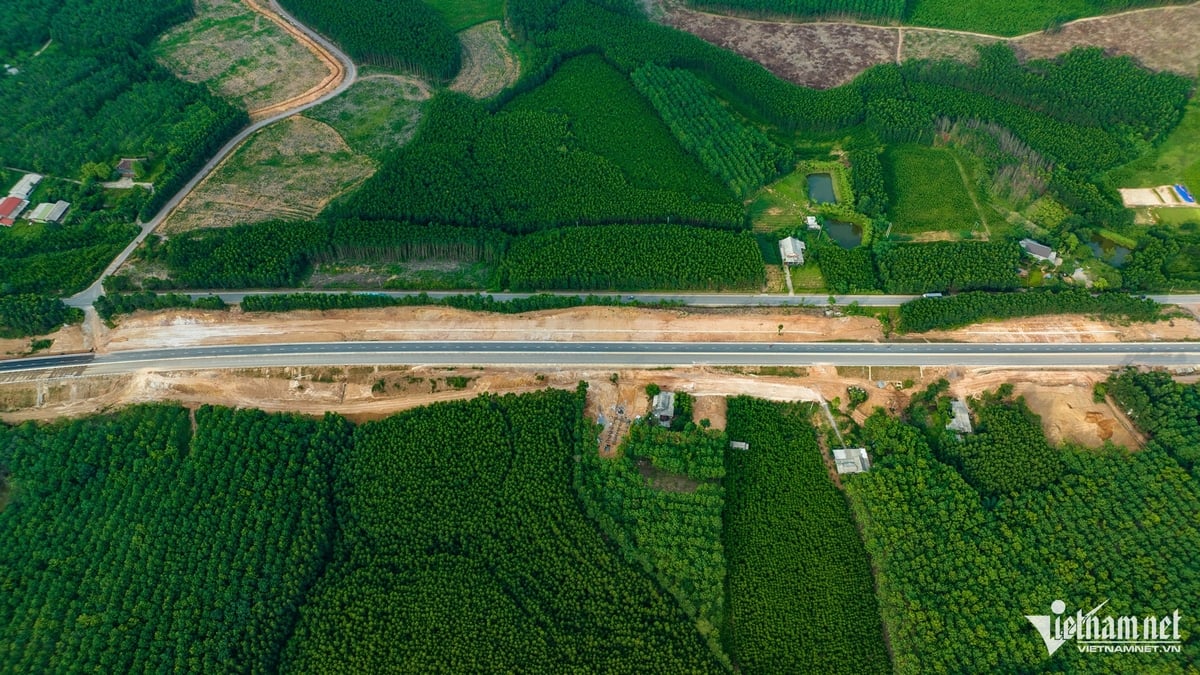


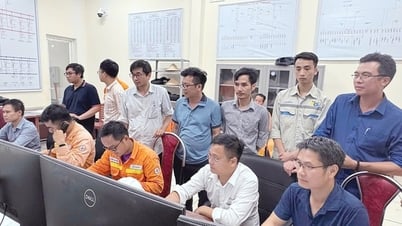

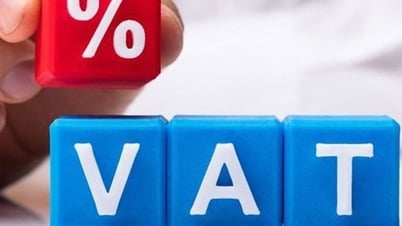

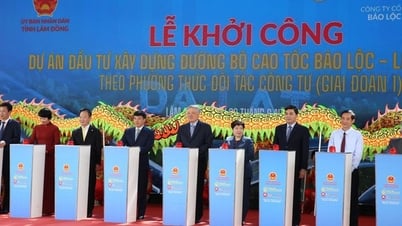
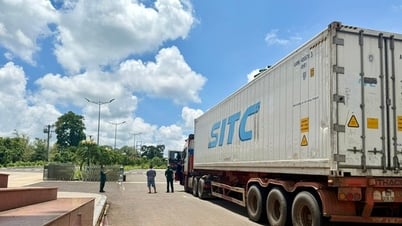
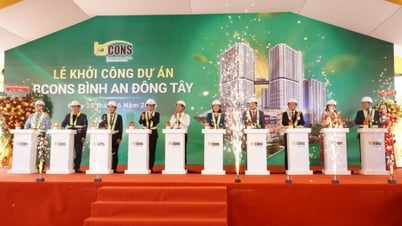








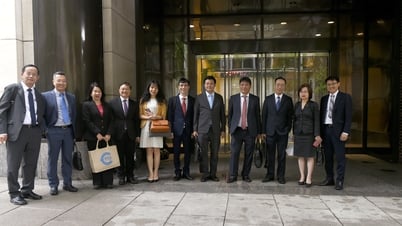
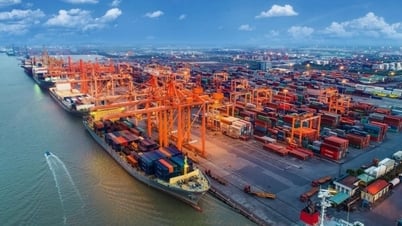
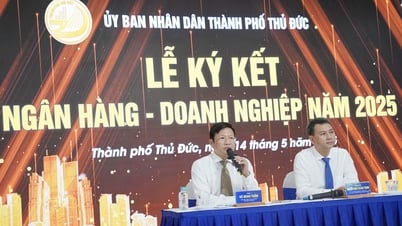

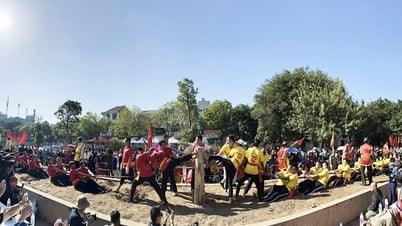








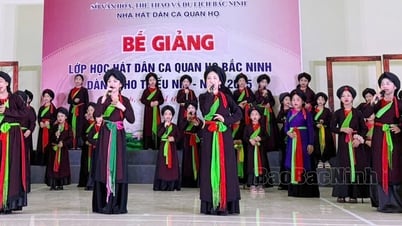














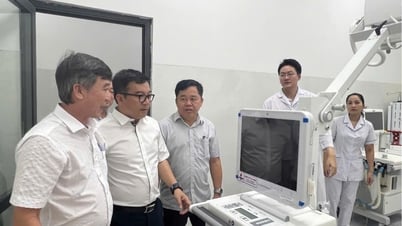
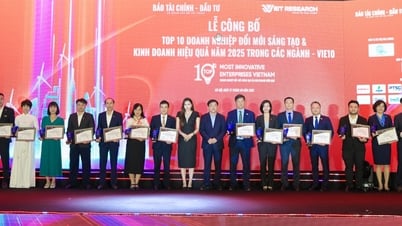
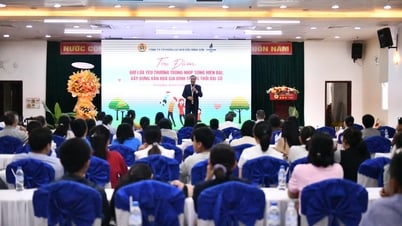

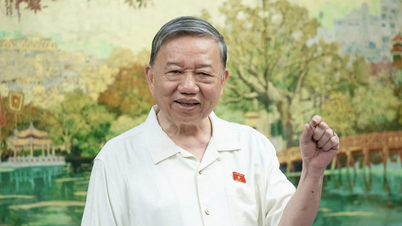




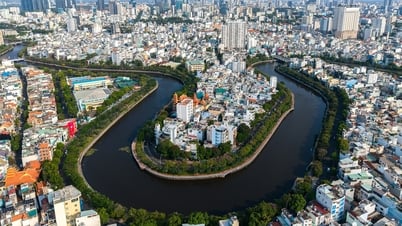


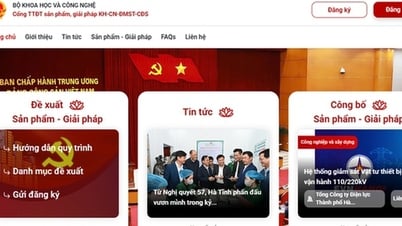

![[Infographic] Circular guiding the functions, tasks and powers of the provincial Department of Culture, Sports and Tourism and the commune-level Department of Culture and Social Affairs](https://vphoto.vietnam.vn/thumb/402x226/vietnam/resource/IMAGE/2025/6/29/877f24989bb946358f33a80e4a4f4ef5)

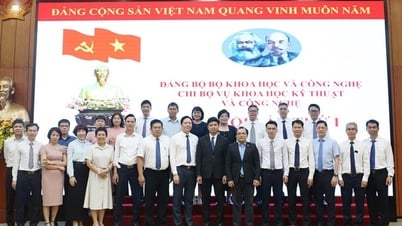
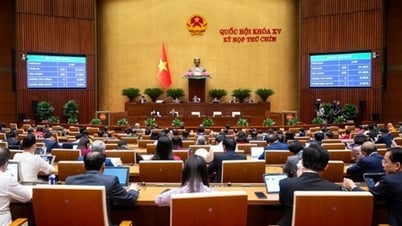
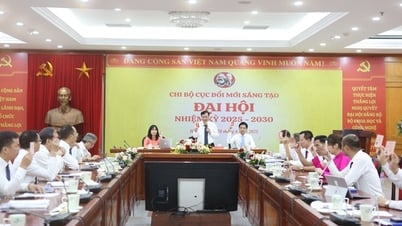
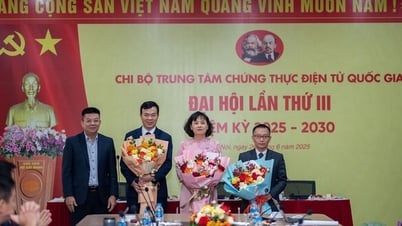
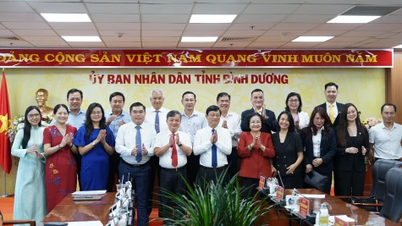



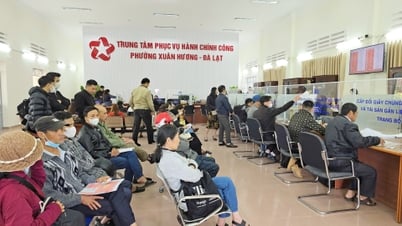














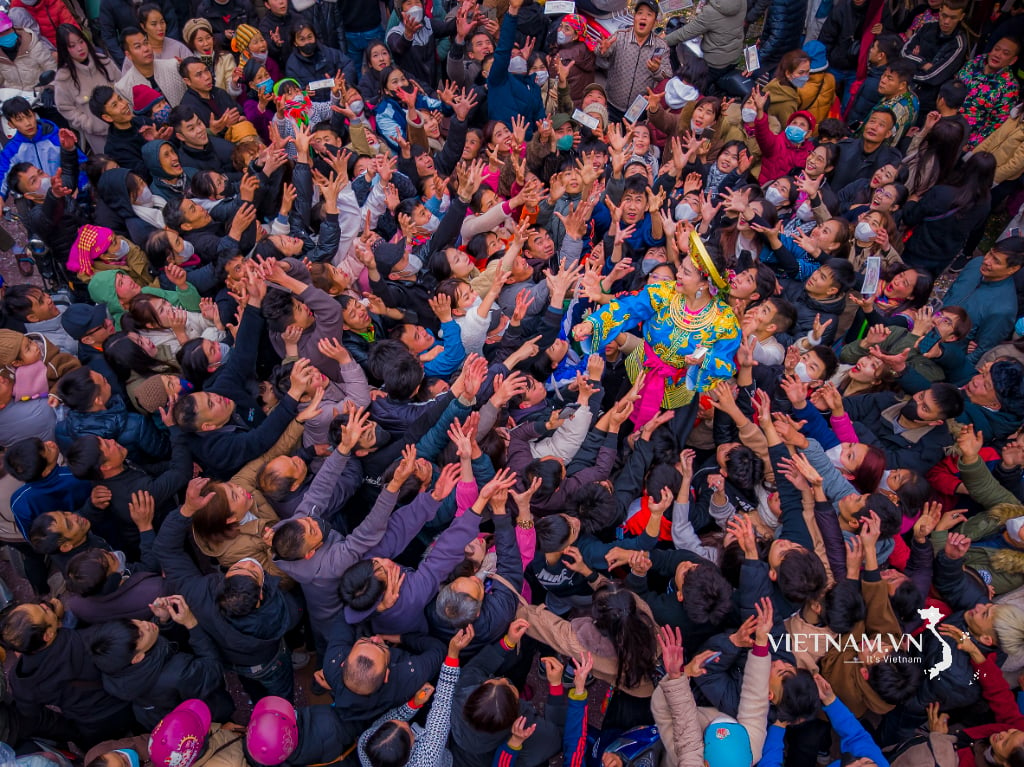


Comment (0)